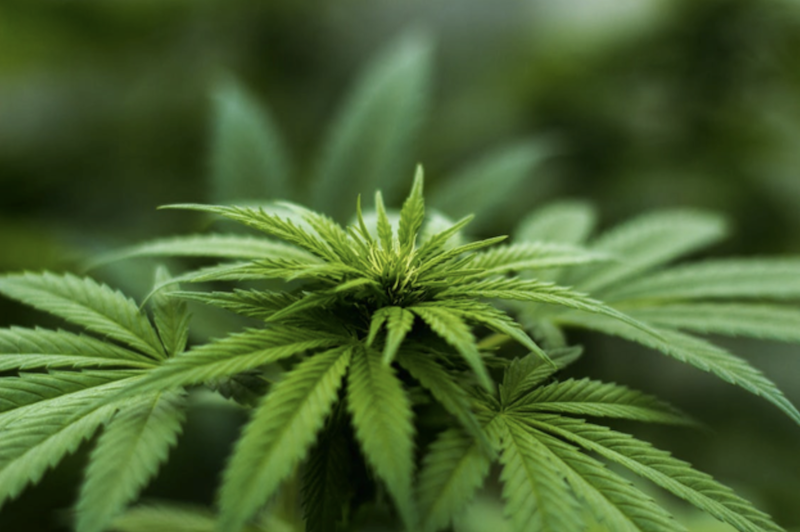7 Fascinating Facts About the History of Cannabis in California (Plus Current and Future Developments)
Branded Content by Cosmic Press
Over the years, cannabis use and its legality have gone through various changes in the state of California. So, let us take a look at seven fascinating facts, plus current and future developments.
1. Cannabis Was Being Grown in California Back in the 1800s
You might be surprised to discover that hemp plants were being cultivated in California as far back as the 1800s. That places California among the earliest American states to engage in hemp farming.
2. Cannabis Was Made Illegal in the Early 20th Century
California legislators passed the first-ever state-level marijuana law in 1913 when they made possession of what they called “loco-weed” illegal. Back then, the prohibition was part of a broader effort aimed at controlling various narcotics and maintaining public safety, which was quite different from today’s stance on cannabis use and legislation.
3. The Drive to Legalize Cannabis Began in the 1970s
Back in 1972, advocates from California introduced Proposition 19, with the goal of legalizing cannabis throughout the entire state. Despite the proposition not succeeding at that time, it signified a major shift in California’s cannabis journey and sparked an essential dialogue surrounding its possible advantages and eventual legalization.
4. Medical Marijuana Was Made Legal in the 1990s
Nearly 25 years after the failed attempt with Prop 19, California activists successfully passed Proposition 215 in 1996. The groundbreaking legislation allowed for the legal use of medical marijuana, making California the first state to recognize cannabis as a viable treatment option for various health issues.
5. The Oakland’s Cannabis Buyers’ Cooperative Paved the Way for Dispensaries
As a result of Proposition 215, the Oakland Cannabis Buyers’ Cooperative was established in California to provide safe access to medical marijuana for patients with valid prescriptions.
The cooperative was instrumental in defining distribution and dispensary practices that have become commonplace today across numerous states. And with the rise of dispensaries, an increased interest in alternative methods of cannabis consumption grew.
Today, people can purchase a wide variety of cannabis products, from gummies to concentrates. Furthermore, they can do so online at reputable platforms like Hometown Hero, not just at brick-and-mortar dispensaries.
6. Decriminalization Occurred in 2010
In September-2010, former Governor Arnold Schwarzenegger signed a bill known as SB 1449, which officially reduced the possession of one ounce or less of cannabis to just an infraction. The change in policy was significant, as it further dismantled the stigma surrounding marijuana use and paved the way for eventual full legalization.
7. Legislation Finally Occurred in 2016
In November 2016, California voters approved Proposition 64, also known as the Adult Use of Marijuana Act. The landmark legislation legalized the recreational use and personal cultivation of cannabis for adults over the age of 21 and helped establish a regulated market for its sale.
Current and Future Developments
Today, California’s cannabis industry is one of the largest and most innovative in the world. With hundreds of legal dispensaries operating across the state and new businesses emerging every day, it is estimated that by 2025, this industry alone could exceed $6 billion in annual revenue.
Furthermore, in 2022, Governor Gavin Newsom announced that he was strengthening California’s cannabis laws by expanding the legal cannabis market and redressing the harms of cannabis prohibition. The Governor signed SB 1326, which will enable California to enter into agreements with other states in order to allow cannabis transactions with entities that operate outside the state of California.
The Governor signed two other bills. The first, AB 1706, will ensure Californians with old cannabis-related convictions finally have those convictions sealed. The second, AB 2188, will protect Californians from employment discrimination based on using cannabis outside of the workplace.
Branded content furnished by our promotional partners. The Daily Sundial editorial staff is not involved in its production. Content does not reflect the views or opinions of the editorial staff.










